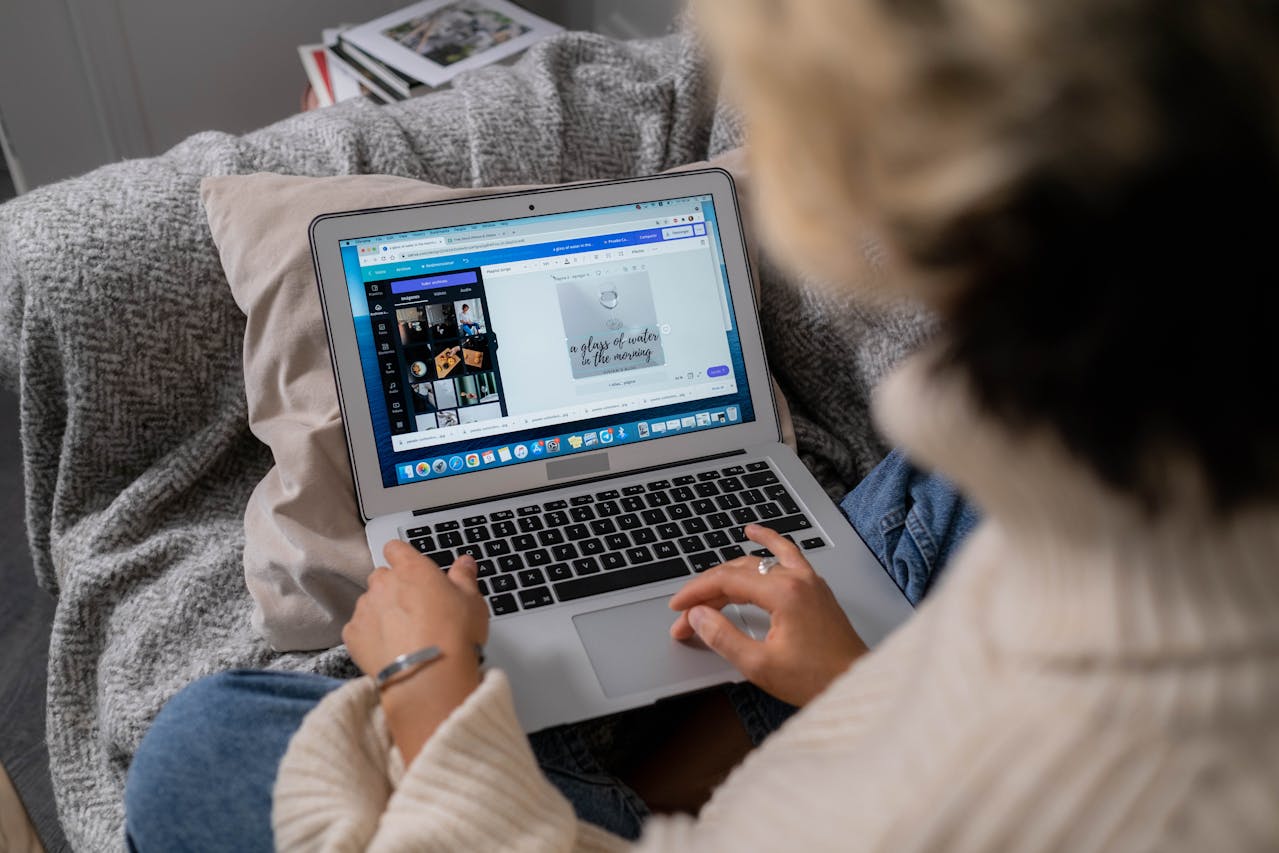Entrepreneurship has never been more exciting. Thanks to digital tools, global connectivity, and growing consumer trends, people can start businesses with minimal resources and still reach wide audiences. But with millions of startups launching each year, the key challenge is standing out. That’s where unique business ideas come in—ventures that combine creativity with real-world demand.
In this guide, we’ll explore the most innovative business opportunities for 2025, explain why they’re trending, show you how to get started, and highlight tools to help you grow.
Why Unique Business Ideas Are the Future
The most successful startups in history—Airbnb, Uber, Canva—began with unique twists on existing industries. They didn’t invent hospitality, taxis, or design; they reimagined them.
Benefits of Choosing Unique Business Ideas:
- Lower competition – You avoid saturated industries.
- Customer loyalty – People value originality.
- Scalability – Many niche businesses can expand globally.
- Profit potential – Specialized solutions command premium prices.
👉 According to Harvard Business Review, businesses that differentiate themselves achieve stronger customer retention and long-term profitability.
1. Sustainable Product Businesses 🌱
Why it’s trending: The global sustainability market is projected to reach $417 billion by 2030. Consumers are demanding eco-friendly alternatives.
Examples & Opportunities:
- Reusable household items like beeswax wraps, bamboo straws, or refillable cleaning sprays.
- Upcycled fashion using textile waste or second-hand clothes.
- Plastic-free packaging businesses for small e-commerce brands.
How to start:
- Partner with local artisans or manufacturers.
- Sell via Etsy, Shopify, or Amazon Handmade.
- Market through eco-influencers on Instagram and TikTok.
👉 Resource: Eco-Business tracks trends in green entrepreneurship.
2. AI-Powered Niche Services 🤖
Why it’s trending: AI tools are no longer just for big companies; individuals and small teams can create AI-based products.
Examples:
- AI résumé optimizer to help job seekers beat Applicant Tracking Systems (ATS).
- AI language tutors for kids or business English learners.
- AI-generated marketing content for small local businesses.
Startup Tips:
- Use free APIs from OpenAI or Hugging Face.
- Test demand with low-cost MVPs like chatbots or simple apps.
- Target specific niches (e.g., AI for real estate agents).
3. Experience-Based Businesses 🎭
Why it’s trending: Millennials and Gen Z value experiences over possessions. The global experiential market is booming.
Examples:
- Silent retreats focusing on mindfulness.
- Cooking experiences like “Italian pasta with Moroccan spices.”
- Adventure micro-travel such as weekend survival training or stargazing camps.
How to start:
- Partner with Airbnb Experiences.
- Use social media (especially TikTok) to showcase your events.
- Start small: organize local workshops, then expand.
👉 Check Airbnb Experiences for inspiration.
4. Hyperlocal Delivery & Errand Services 🚚
Why it’s trending: After COVID-19, people expect convenience. Large companies (Amazon, Uber Eats) can’t cover hyperlocal niches.
Examples:
- Farm-to-home produce delivery.
- Medication delivery for seniors.
- Pet food delivery in specific neighborhoods.
Startup Costs:
- Low (just a phone, bike/scooter, and app).
- Use WhatsApp groups or Glovo-style apps to manage orders.
👉 McKinsey reports hyperlocal services grew over 60% during the pandemic and are still expanding.
5. Subscription Box Niches 📦
Why it’s trending: Subscription models generate predictable revenue and work best in specialized markets.
Unique Ideas:
- Tea & book pairings for cozy readers.
- STEM kits for kids to learn coding and science.
- Pet grooming kits with eco-friendly shampoos.
- Local artisan food boxes highlighting regional snacks.
How to start:
- Test demand on Cratejoy.
- Partner with small suppliers to reduce costs.
- Market via TikTok unboxing videos (a huge trend).
6. Remote Work Solutions 💻
Why it’s trending: By 2030, 70% of professionals will work remotely at least once a week.
Business Ideas:
- Home office setup consulting.
- Coworking cabins in nature.
- Virtual productivity coaching.
Startup Strategy:
- Target freelancers, tech professionals, and startups.
- Offer flexible pricing (per hour, subscription).
- Use LinkedIn for B2B marketing.
👉 Forbes confirms remote work is shaping entire industries, from furniture to software.
7. Wellness & Mental Health Startups 🧘
Why it’s trending: Mental health is becoming a mainstream priority.
Examples:
- Mindfulness apps for students.
- Virtual yoga & fitness classes.
- Corporate wellness packages (stress management, meditation).
How to start:
- Partner with certified coaches.
- Use affordable platforms like Teachable or Kajabi to host courses.
- Offer free trials to build trust.
👉 Industry source: MindBodyGreen.
8. Niche Education Platforms 📚
Why it’s trending: Online education is projected to hit $300 billion by 2025. But niches are underserved.
Examples:
- Financial literacy for teens.
- Coding for non-tech professionals.
- Creative workshops (painting, crafts).
How to start:
- Build a course on Udemy or Skillshare.
- Market via YouTube tutorials for free traffic.
- Upsell premium memberships.
👉 Data: Statista tracks global EdTech growth.
9. Personalized Product Businesses 🎁
Why it’s trending: People love personalized gifts and products, especially for weddings, birthdays, and holidays.
Examples:
- 3D-printed jewelry designed to customer specs.
- Custom skincare based on AI analysis.
- Personalized storybooks for children.
How to start:
- Use print-on-demand services like Printful.
- Sell on Etsy or Shopify.
- Offer instant previews to customers using free tools.
👉 Resource: Shapeways.
10. Alternative Food Businesses 🍔
Why it’s trending: Health and sustainability are driving new food markets.
Examples:
- Plant-based butchers.
- Insect protein snacks (already popular in Asia).
- Ghost kitchens serving niche cuisines.
- DIY meal kits for vegan or keto diets.
How to start:
- Partner with local chefs.
- Market with food influencers on Instagram/TikTok.
- Test demand via delivery apps.
👉 Insights: Food Business News.
How to Validate Your Unique Business Idea
- Market Research – Use Google Trends and surveys.
- MVP Launch – Start small with prototypes.
- Crowdfunding – Test with Kickstarter or Indiegogo.
- Customer Feedback – Improve based on reviews.
Challenges to Expect 🚧
- Educating consumers about something new.
- Finding suppliers for innovative products.
- Marketing costs to stand out.
💡 Solution: Build a strong digital presence (SEO, social media, influencer marketing).
Final Thoughts
The best unique business ideas are those that solve real problems while capturing growing trends. Whether it’s eco-friendly products, AI services, niche subscription boxes, or wellness startups, 2025 offers endless possibilities.
Don’t wait for the “perfect” idea—start small, test, and grow. Your creative business could be the next global success story.
Related Reads on MoneySuggester:












